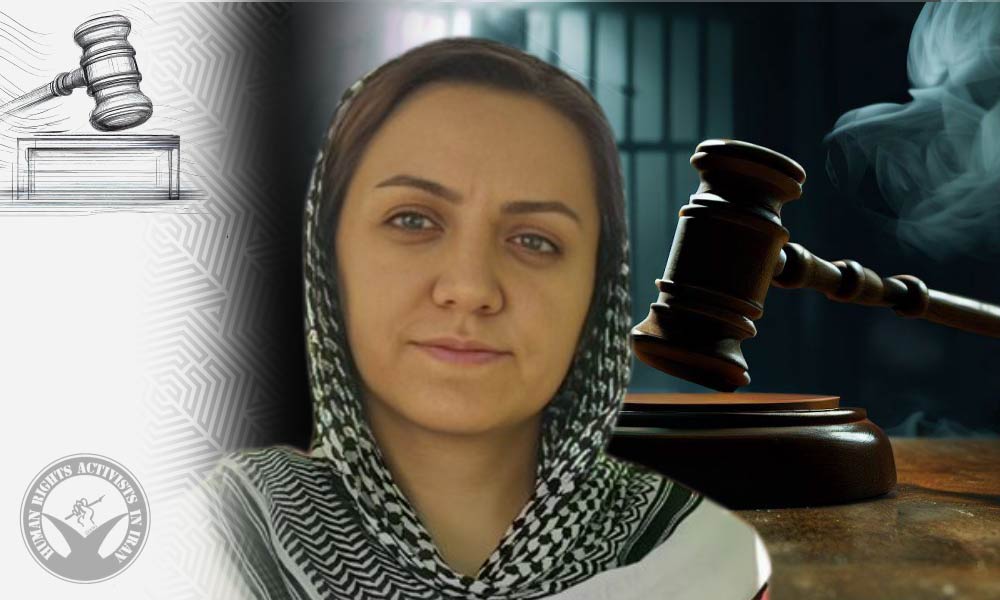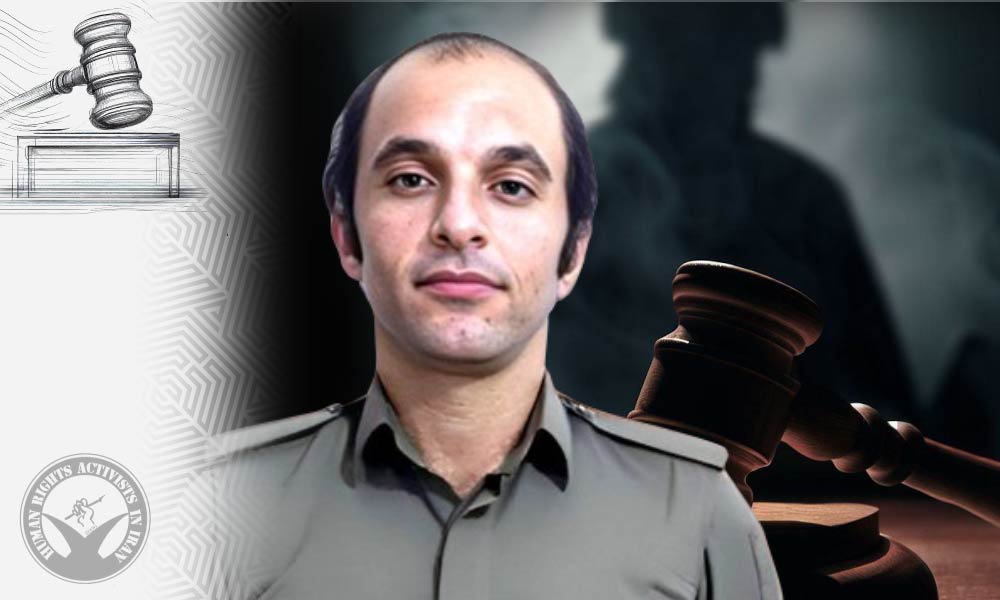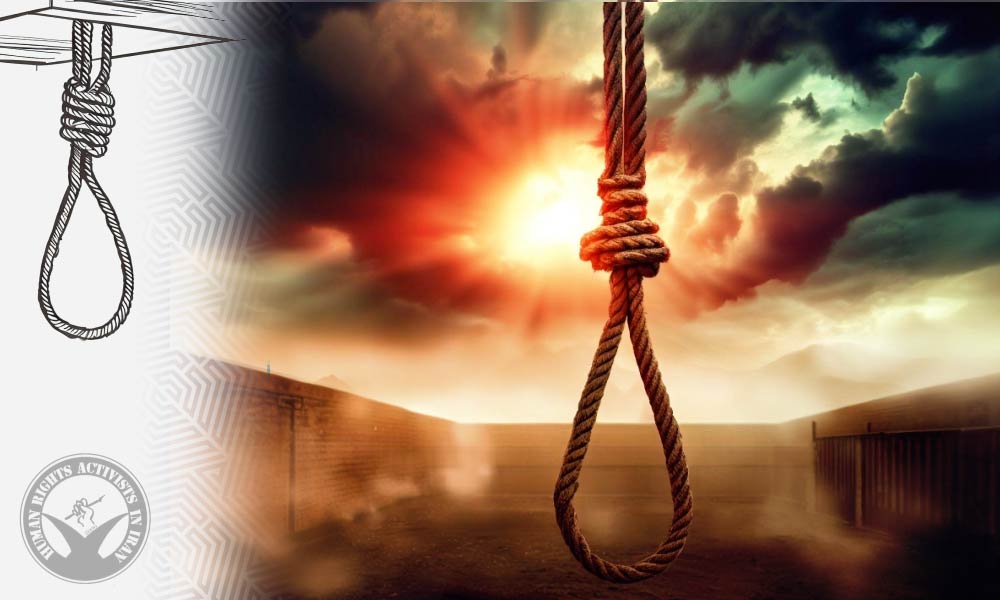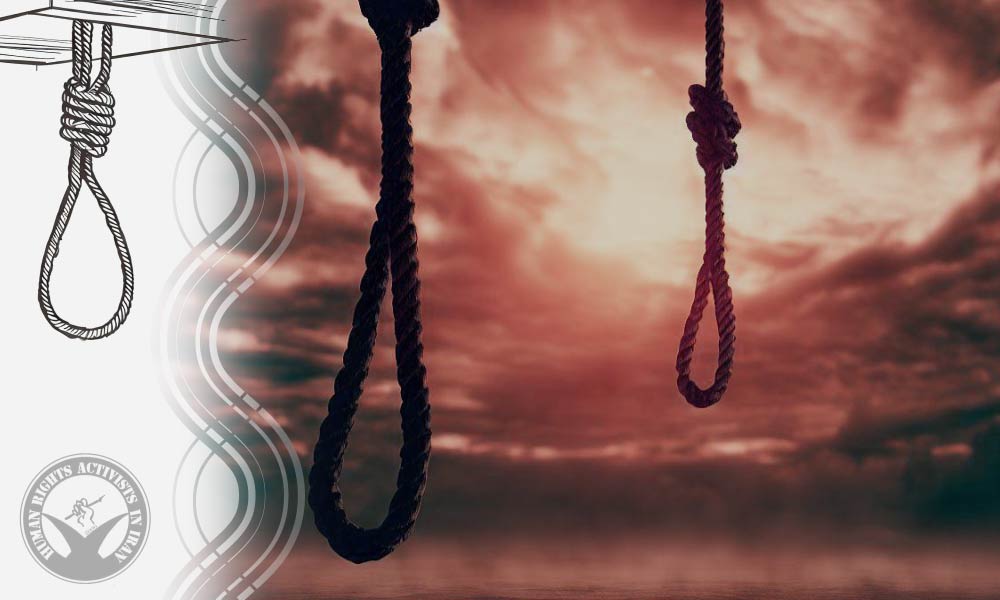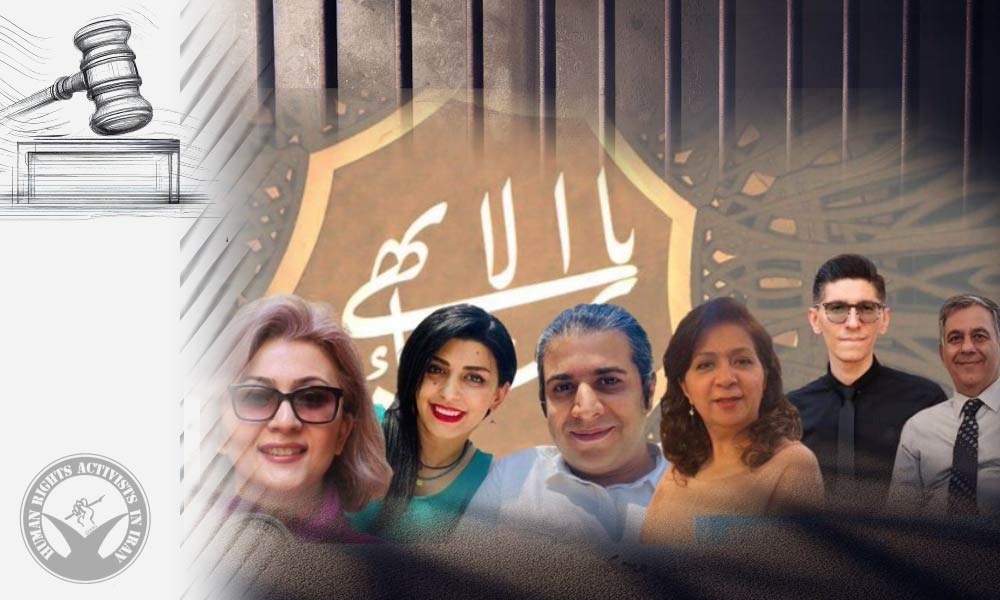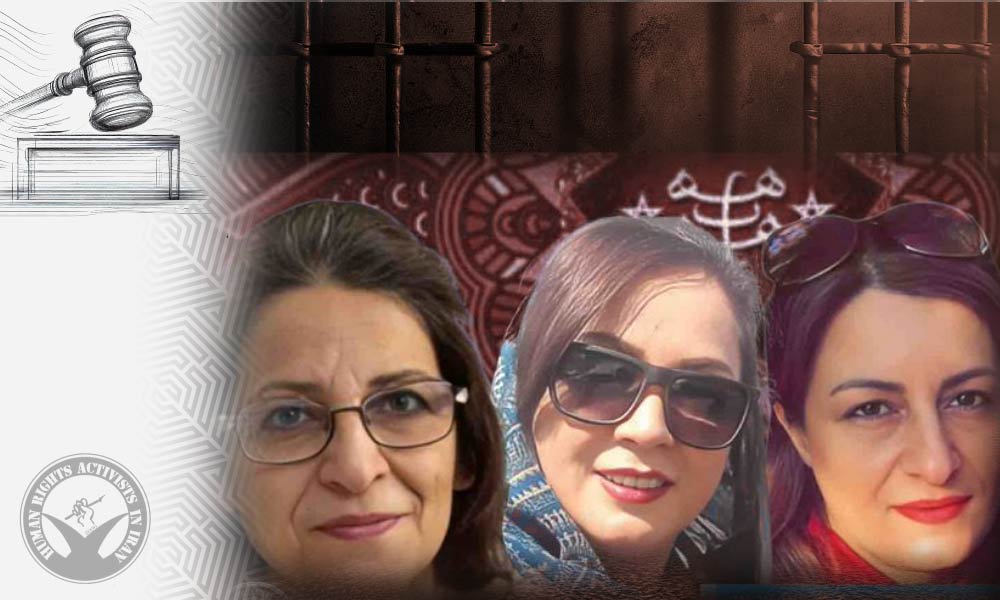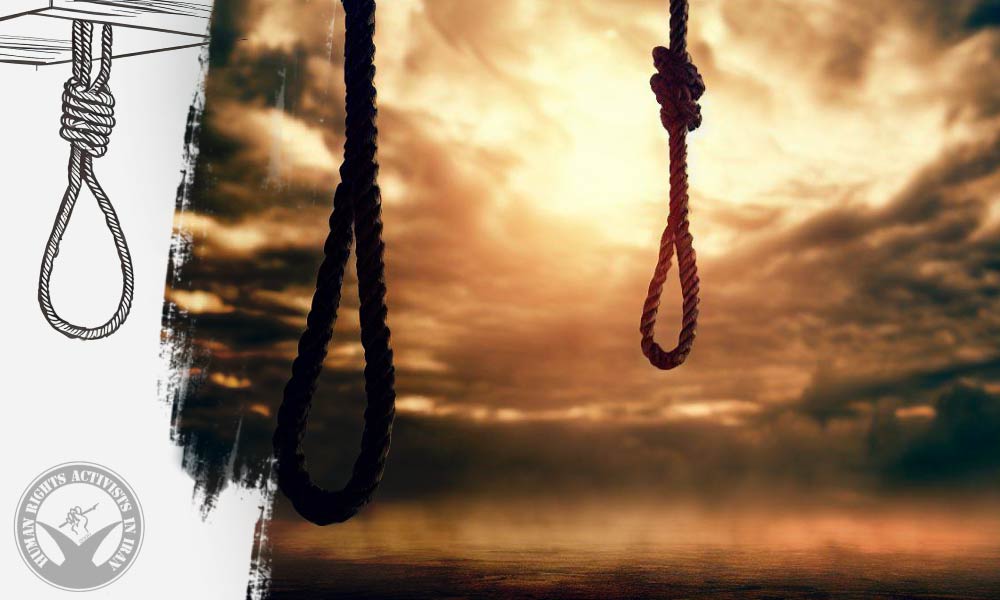In a recent development, the Tehran Revolutionary Court has handed down substantial prison sentences to six Baha’i citizens, namely Samira Ebrahimi, Arsalan Yazdani, Pedram Abhar, Saba Sefidi, Saeedeh Khozuei, and Iraj Shakoor, totaling 32 years and 10 months behind bars.
Presiding over Branch 29 of the Tehran Revolutionary Court, Judge Ali Mazloum has pronounced six-year sentences for Yazdani, Abhar, Khozuei, and Shakoor, while Ebrahimi and Sefidi have been each sentenced to four years and five months.
The charges against these individuals are as follows:
- Samira Ebrahimi: Membership in anti-regime groups, propaganda against the regime, and engaging in educational activities against Sharia law.
- Arsalan Yazdani: Membership in anti-regime groups, propaganda against the regime, and engaging in educational activities against Sharia law.
- Pedram Abhar: Membership in anti-regime groups and propaganda against the regime.
- Saba Sefidi: Membership in anti-regime groups and propaganda against the regime.
- Saeedeh Khozuei: Membership in anti-regime groups.
- Iraj Shakoor: Propaganda against the regime, assembly, and collusion against the regime.
Should these verdicts withstand the appeals process, Article 134 of the Islamic Penal Code will mandate the enforcement of a five-year prison term for Yazdani, Khozuei, Shakoor, and Abhar. Ebrahimi and Sefidi, on the other hand, would serve three years and five months in prison.
HRANA’s annual report has highlighted a concerning trend where, in 2022, 64.63% of reported human rights violations against religious minorities are directed toward the Baha’i community.
The Baha’i faith is not recognized as a legitimate religion by Iranian authorities, leading to systematic and longstanding violations of the rights of Baha’is in the country. This includes the denial of their fundamental right to practice their religion, which constitutes a clear breach of both Article 18 of the Universal Declaration of Human Rights and Article 18 of the International Covenant on Civil and Political Rights. The United Nations covenant holds that every person has the right to freedom of religion, freedom of converting religion, as well as freedom of expression, individually or collectively; openly or secretly.



